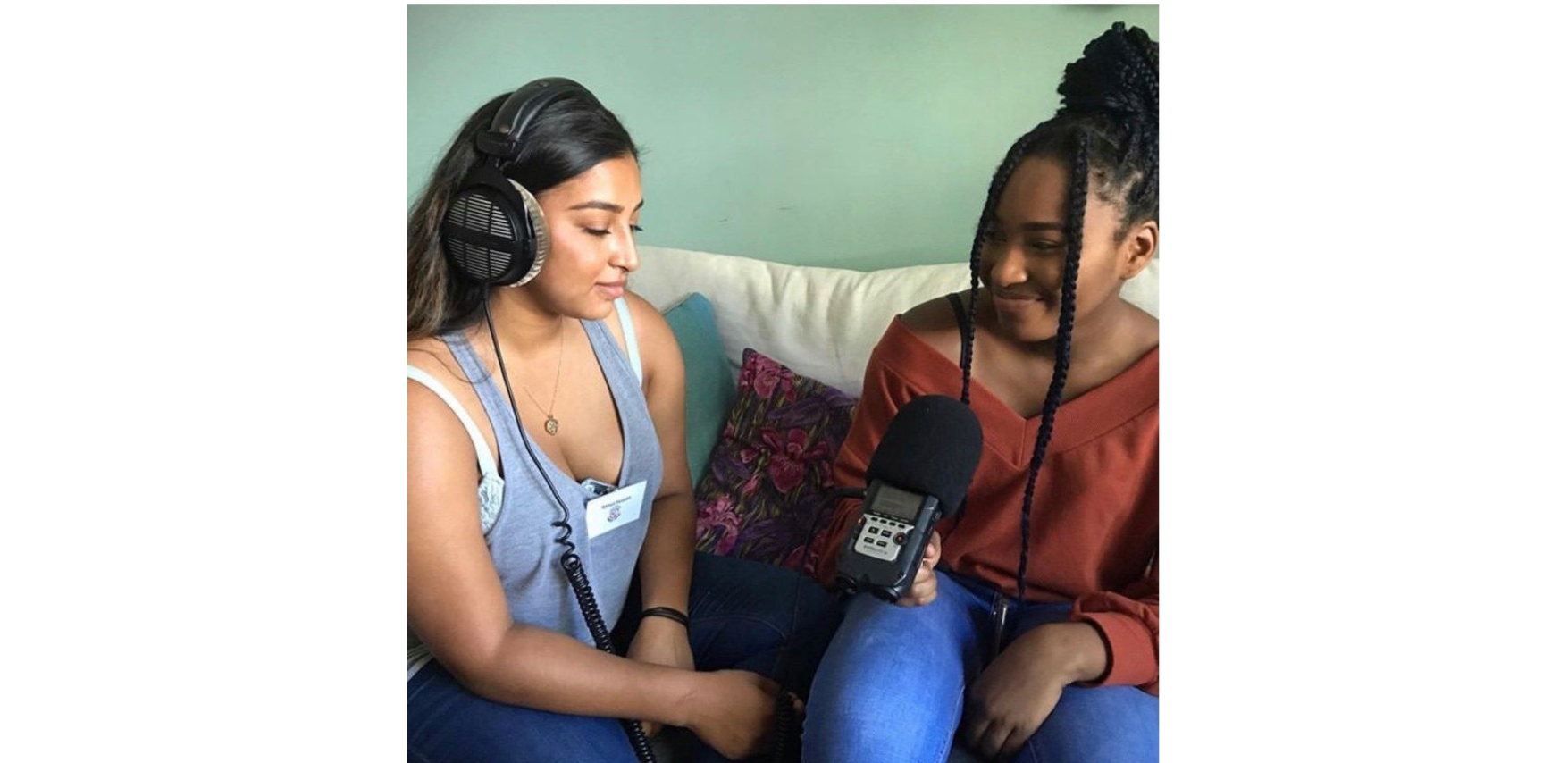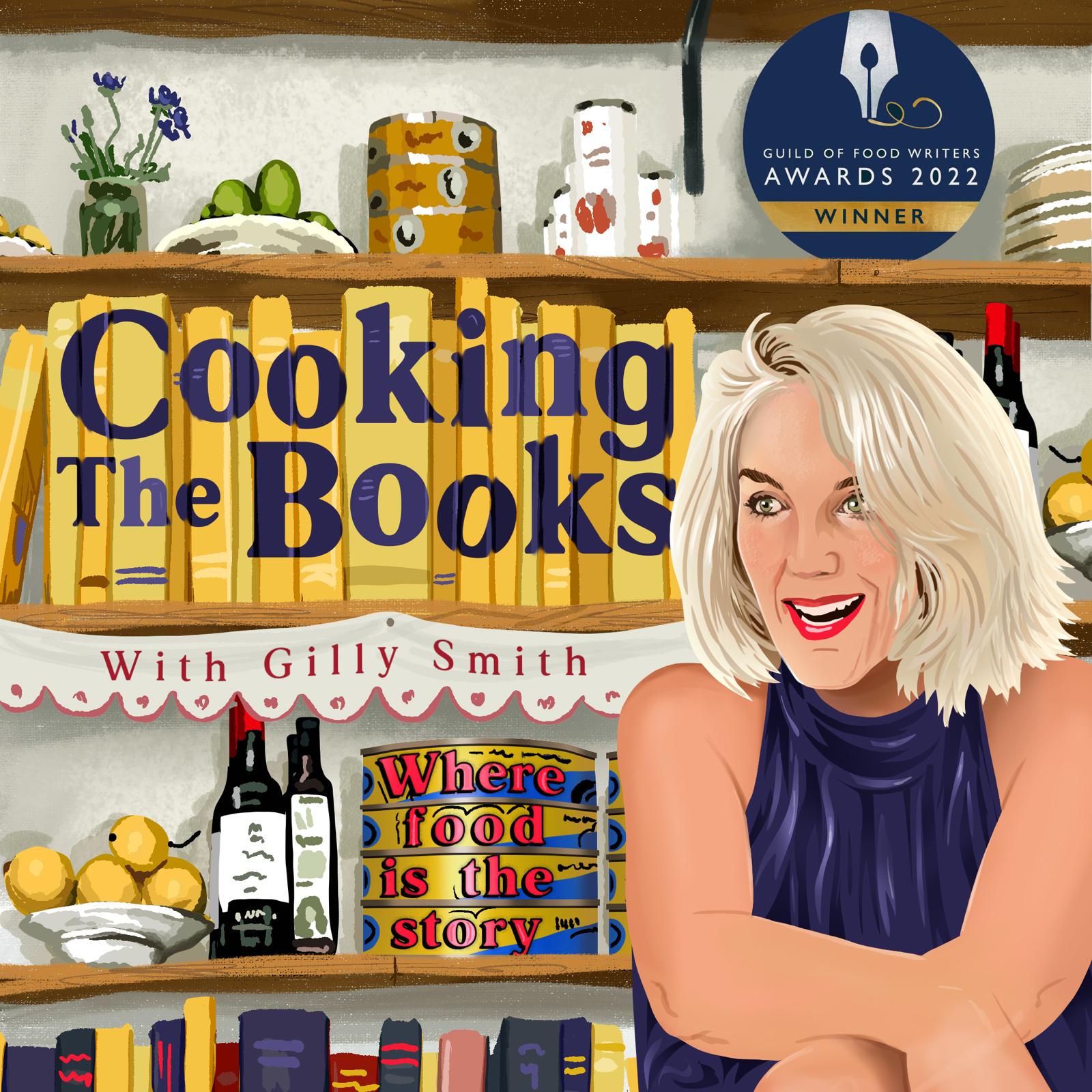Sound Bites: getting into the room with your interviewee in Lockdown
Fayeth is fiddling with the voice recording app on her smartphone as I join her in her sitting room from my office in East Sussex via Zoom. ‘Hold your mic about 4 inches from your mouth’ I tell her. ‘It’s the bit you plug your charger in.’
I ask her to tell me her name, where she’s from and what life looks like for her in Lockdown.
‘My name is Fayeth, I’m 14 years old and I live in Rhyl with my mum, dad and three younger sister. There are two people at home who are at high risk – me and my mum are both epileptic and I’ve only got one lung.’
We chat about how she’s accessing her free school meals. She does what I ask, speaking in full sentences so that I can cut myself out and edit what she says into a ‘sound bite’, a short piece of audio that can be used to illustrate the updated Food Foundation’s Right2Food charter, which demands access to healthy food for all children – in and out of Lockdown Britain.
We think we know COVID-19. We quote the stats, read the graphs and share the criticism of what happened when a pandemic changed the world.
But behind the headlines are the stories you don’t see, the families managing – just about – on universal credit, the kids locked in all day with a sibling with severe behaviour issues, the ethnic communities making do with tinned goods since the local market closed, the teenager’s two-mile walk to the village shop to stock up on bread and milk to keep the youngest kids quiet until dinner. Everyone’s pulling together, doing what they can. Nothing to see here. Keep calm and carry on.
It’s these stories that the Food Foundation is collecting, the stories about hardship, struggle and stoicism. We live in the 5th richest economy in the world, and yet 3.7 million kids live in a household in which a healthy diet is unaffordable, kids who don’t always have enough money for fresh fruit and vegetables, who don’t even know where their next meal is coming from. The young food ambassadors for the Foundation use the same words as they tell us why they joined: ‘We want to be heard.’ ‘We want people to listen.’
Imagine what Lockdown is like for people on the breadline. The bullet points are shocking:
- Parents in the UK have been unable to shield more than two million children from food insecurity.
- More than 200,000 children have had to skip meals because their family couldn’t access sufficient food during lockdown.
- A million children have had less nutritious sustenance; eating low-cost, unbalanced meals because their parents have run out of food.
- 8 million households with children in the UK report a loss of income.
- Half a million children who normally rely on free school meals have received no substitutes at all since lockdown came into effect.
- The number of households with children experiencing poverty and isolation-driven food insecurity has doubled since lockdown begun.
- 17% of parents in NHS worker families have had smaller meals than usual or have had to skip meals, and 9% have not eaten for a whole day due to lack of access to food.
Being able to imagine is why I’m gathering soundbites for the Food Foundation’s Right2Food campaign. It’s about making the graphs and stats come to life.
Listening to a sound bite is about closing your eyes and going right into the worlds of people from all over the country to hear what life sounds like for them. It’s about kids taking us to their dinner tables and so close that that we can almost smell what their mum is cooking for their tea.
After the explosive democratisation of the podcast where anyone can tell any story whenever and to whoever they like, audio stories are a new way of bringing a website, or online magazine or newspaper to life. Click on a link as you’re reading to hear the voice of an autistic teenager on the loss of ‘safe foods’, the 56-year-old grandmother living in isolation in Bromley, one of three adults shielded from the virus because of health issues and two kids under the age of 10 having to go without lunch. Again. It’s nine weeks since they’ve left the house.
But finding the stories about hidden Britain is hard. The Food Foundation campaigns about the stigma of free school meals, for universal access to fresh fruit and vegetables which is now part of Boris Johnson’s ‘war on fat’, the result of his own recent brush with mortality.
COVID-19 is not the equal playing field that many claim it to be. It’s embarrassing to tell a stranger that you can’t claim your free school meals vouchers because you can’t afford a computer and you can’t work it out on your phone. People are ashamed that they can’t feed their children.
It’s a slow process, a regular check in to build trust and to offer help. As I write, I’m waiting for a group of Spanish-speaking migrants to tell their appalling stories of food poverty through their church leader, mentoring him on how to capture the best audio on his phone. I’ve assured them anonymity but they’re terrified to talk.
I’m hoping that the hundreds of stories of daily poverty on a Deptford estate will begin to flood my inbox after training up a young student from New Cross who wanted ‘to do something useful’. She sent me her first story yesterday of Ashley, a mother of two whose struggle, stoicism and survival is the defining spirit of Lockdown Britain, one of the richest countries in the world. ‘Poor people are suffering’, she says quietly.
Fayeth, Tia, Dev and Jani ring the Zoom doorbell and their young faces pop into the Food Ambassadors forum to join their colleagues in a Food Foundation catch up. They’re pleased with themselves. They’ve learned new skills, and when Lockdown eases, they’ll be interviewing their peers to get more stories for a Right2Food podcast fronted by Emma Thompson. Maybe they’ll make their own podcasts. Perhaps most importantly, in this extraordinary moment in history, their sound bites are contributing to a patchwork of Lockdown Life, animating graphs but adding texture, nuance and complexity to life behind the headlines.



